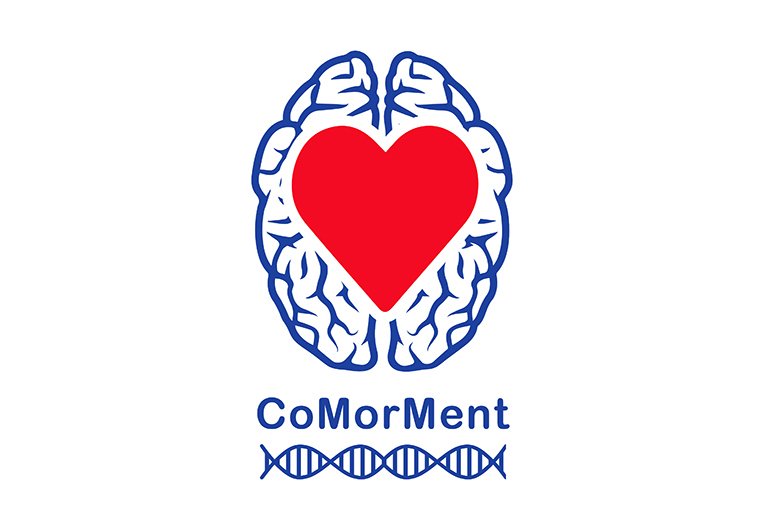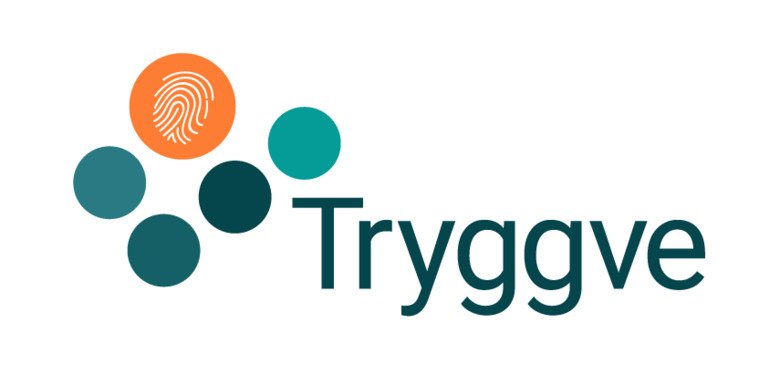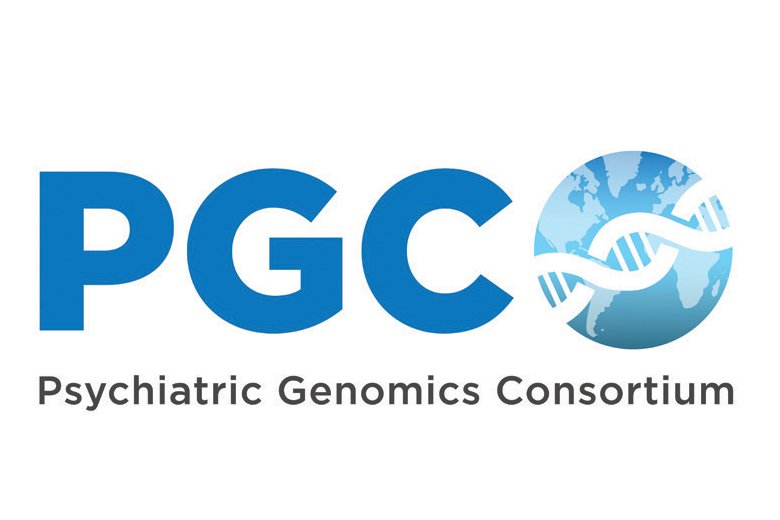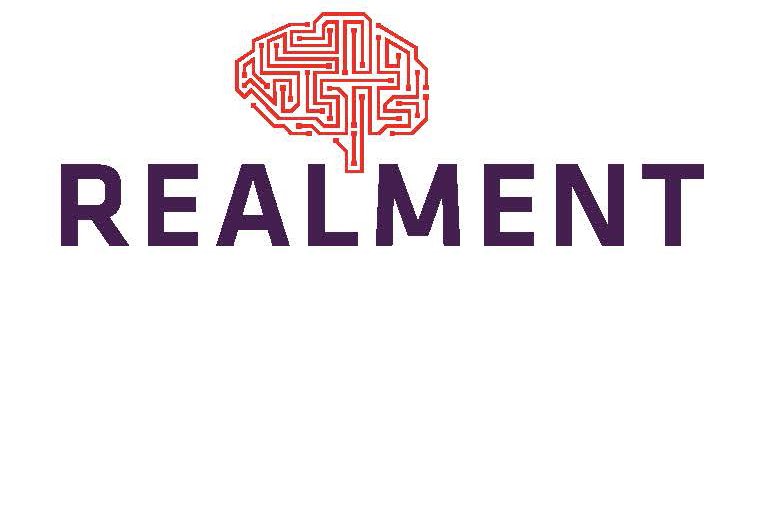
KI Psychiatric Genomics Institute
The KI Psychiatric Genomics Institute (KI-PGI) is a systematic program established to evaluate the epidemiological, molecular, and cellular effects of genetic risk loci for psychiatric disorders, such as schizophrenia and depression. KI-PGI is located at the Department of Medical Epidemiology and Biostatistics (MEB) at Karolinska Institutet. The director of KI-PGI is Principal Researcher Lu Yi and co-director is Professor Patrick Sullivan. For more information about KI-PGI projects, see below.
Menu for this area
 Photo: n/a
Photo: n/aSweden Schizophrenia Study - S3
Study of genetic and environmental risk factors for psychotic disorders, using comprehensive genetic data from over 11.000 cases with schizophrenia and 14.400 controls, combined with national health and populations register data from research subjects, and their first- and second degree relatives.
 Photo: n/a,Getty Images/iStockphoto
Photo: n/a,Getty Images/iStockphotoThe SUN consortium
The Schizophrenia United Network consortium (SUN) goal is to use functional genomics and neuroscience to understand the genomic results for neuropsychiatric disorders.
 Photo: n/a,Getty Images/iStockphoto
Photo: n/a,Getty Images/iStockphotoTrans-Nordic Study of Extreme Major Depression
Our goal is to predict those who are likely to develop the worst forms of major depression early in their illness, using data such as treatment history, comorbidity, and genetic information in large samples from Sweden, Denmark, Norway, the US, and UK. Successful predictions will enable us to craft interventions in future studies to improve the health of MDD patients who are the most severely ill.
 Photo: n/a,Getty Images/iStockphoto
Photo: n/a,Getty Images/iStockphotoOmtanke2020
Study on mental illness and quality of life before, during and after the covid-19 pandemic, based on a Swedish cohort of 28.000 participants and longitudinal data from questionnaires and national health and population registers. Omtanke2020 is part of the international collaboration COVIDMENT, with an overall cohort of 250.000 participants across six countries (Sweden, Denmark, Estonia, Iceland, Norway, UK).
 Photo: N/A
Photo: N/ACoMorMent
Using a ‘big data’ approach, we will investigate how and why mental ill-health interacts with cardiovascular disease. Using novel statistical and machine learning approaches, our researchers will identify the genetic, brain and body markers that are common to both conditions.
 Photo: n/a
Photo: n/aTryggve
The Nordic “Tryggve” (it is a pan-Nordic word for “safe” or “secure”) collaboration was initiated in 2017, and brings together leading psychiatric geneticists in Sweden, Denmark, and Norway. The goal of Tryggve is to conduct secure and federated analyses on genomic and register data across Nordic countries.
 Photo: Shuyang Yao
Photo: Shuyang YaoBiological interpretation of psychiatric genomics findings
In collaboration with principal researcher Jens Hjerling-Leffler and his group, we integrate GWAS findings with single-cell transcriptomics data to achieve more comprehensive biological interpretation of the genetic risk loci of complex brain disorders, with a focus on severe psychiatric illness.
 Photo: N/A
Photo: N/APsychiatric Genomics Consortium (PGC)
By uniting the global research community, the Psychiatric Genomics Consortium is radically advancing our understanding of the genetics of psychiatric and substance use disorders. By bringing together genetic data from hundreds of thousands of individuals around the world, the PGC is working to find the genetic variants that change risk of disease.
 Photo: N/A
Photo: N/AREALMent
Using real-world big data from eHealth, biobanks and national registries, integrated with clinical trial data to improve outcome of severe mental disorders.
